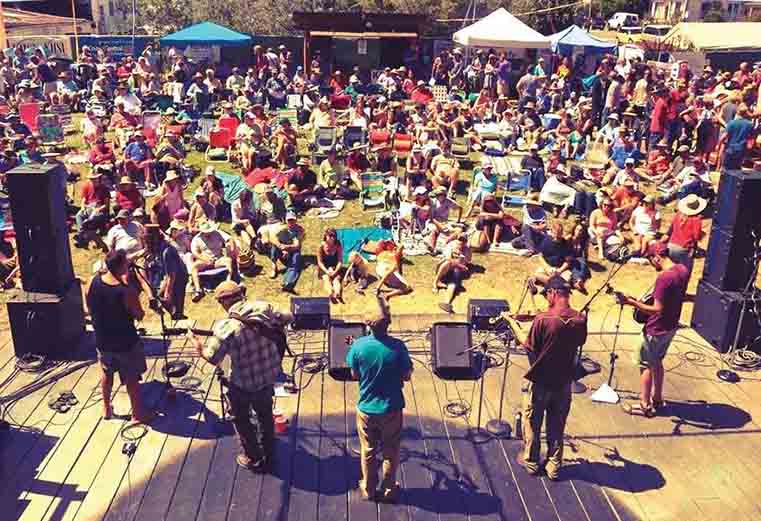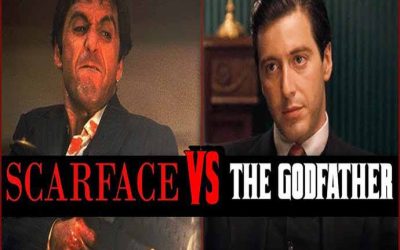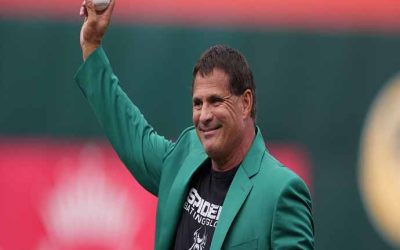Music has long been a powerful medium for social change, serving as both a reflection of society’s struggles and a call to action. At festivals like the Many River Festival, music is not just entertainment it’s a platform for amplifying voices that demand justice, equality, and human rights. Whether it’s through protest songs, anthems of resilience, or personal narratives, music brings people together and fosters an environment where social movements can thrive.
At the heart of these festivals, musicians and activists collaborate to raise awareness about critical social issues. The impact of music on social justice movements cannot be overstated. It’s more than just lyrics or melodies; it’s the energy that fills the air when people come together to sing about their hopes, their struggles, and their dreams for a better world.
The Legacy of Protest Songs
Historically, protest songs have played a crucial role in social movements. From the civil rights era to contemporary struggles for equality and justice, music has been a tool for raising awareness and mobilizing communities. Songs like Bob Dylan’s “The Times They Are a-Changin’” or Nina Simone’s “Mississippi Goddam” are timeless examples of how music can challenge the status quo and ignite collective action.
At the Many River Festival, musicians continue this legacy by using their platform to address modern-day issues. Whether it’s climate change, racial inequality, or gender justice, artists are creating new anthems for the struggles of our time. Their music becomes a rallying cry for change, urging audiences to take action and reflect on their role in building a more just world.
Artists as Advocates
More than ever, artists are using their influence to advocate for justice. Many River Festival hosts a diverse lineup of performers who are not just entertainers, but also vocal advocates for social justice causes. These musicians use their performances to highlight issues affecting marginalized communities, giving them a platform to speak out against injustices that often go unheard.
For instance, artists may incorporate themes of solidarity, resilience, and empowerment into their music, fostering a sense of unity and hope. Performances at the festival often include discussions, workshops, or panel discussions on the intersection of art, activism, and justice. This allows the audience to engage not just with the music, but also with the important conversations happening around it.
Music festivals like Many River Festival are crucial in promoting cultural awareness and creating a space where social issues can be discussed openly. By bringing together artists, activists, and festivalgoers, these events contribute to a broader movement for change, emphasizing that the fight for justice is not only necessary but urgent.
Music’s Ability to Unify
One of the most powerful aspects of music is its ability to unite people from all walks of life. At a festival focused on social justice, the power of collective participation cannot be overstated. Singing together, dancing, and listening to the same music fosters a sense of community and solidarity, breaking down barriers and creating common ground among diverse groups.
The music performed at Many River Festival is not only about entertainment it’s about creating a space where people can come together, reflect on their shared humanity, and work toward a more just situs togel online and equitable world. Through music, the festival serves as a reminder that social change is not an isolated effort but a collective one, driven by the power of unity.
In the same way that music brings people together, it also fosters an environment where difficult conversations about race, class, gender, and other social issues can be had in a safe, inclusive space. This is especially important in today’s globalized world, where justice movements are interconnected across cultures and countries. The Many River Festival, through its celebration of music, art, and justice, creates a platform for these conversations to take place.
The Influence of Music on Youth
The younger generation plays a significant role in the ongoing fight for social justice. Many River Festival actively encourages youth participation, and the music featured often resonates deeply with younger audiences who are looking for ways to engage with social causes. For many young people, the music they hear at festivals becomes the soundtrack to their activism.
By listening to artists who speak out about injustice, young people are inspired to take action in their own communities. Music festivals like Many River Festival help cultivate this activism, empowering youth to use their voices and talents for positive change. These young activists carry the torch forward, using music as a tool to continue the fight for equality and justice in the future.
The Global Reach of Music for Justice
One of the most remarkable aspects of music is its universal appeal. No matter where you are in the world, music has the power to transcend language barriers and cultural divides. At festivals like Many River Festival, this global reach is evident, as attendees from all walks of life come together to celebrate music and justice. Artists from different countries and cultures collaborate and share their stories, creating an exchange of ideas and experiences that enriches everyone involved.
This global perspective is essential when discussing social justice, as many of the issues we face are interconnected on a global scale. Music provides a common language through which we can understand one another’s struggles and work together to create a better world. The Many River Festival exemplifies how music can be a tool for global change, helping to raise awareness and create solidarity across borders.
The Power of Music in a Digital World
In today’s digital age, the reach of music festivals extends far beyond the physical event. Many River Festival, like others, uses digital platforms to stream performances and engage with a global audience. This ability to reach people around the world increases the festival’s impact, allowing the messages of justice, equality, and solidarity to resonate far beyond the festival grounds.
Social media also plays a key role in amplifying the voices of artists and activists. Through platforms like Twitter, Instagram, and YouTube, the music performed at festivals can be shared, discussed, and celebrated by a much larger audience, furthering the movement for social justice. The ability to reach millions of people with a single song or post means that music has never been a more powerful tool for creating change.
As social issues continue to grow and evolve, so do the movements that seek justice. Events like the Many River Festival act as a beacon, using the power of music to spread messages of equality and empowerment across the globe. These platforms also influence other industries, including the growing trend of using entertainment to discuss societal challenges making them just as impactful as political or social platforms. While attending a festival may be a momentary experience, its messages can resonate for much longer, inspiring a lifelong commitment to justice.
Through all of this, festivals like Many River Festival continue to prove that music is more than just entertainment it’s a force for justice, a tool for unity, and a call to action. Whether in the physical space of the festival grounds or through digital channels, the message is clear: justice will not wait. It demands to be heard, and music is the medium that carries it forward.
In many cases, these same efforts extend into other areas such as digital platforms, where voices can be amplified for wider reach. Much like how players rely on trusted situs togel online platforms to navigate digital spaces, the power of music can similarly be magnified and shared worldwide, ensuring that the message for justice stays alive and loud.


